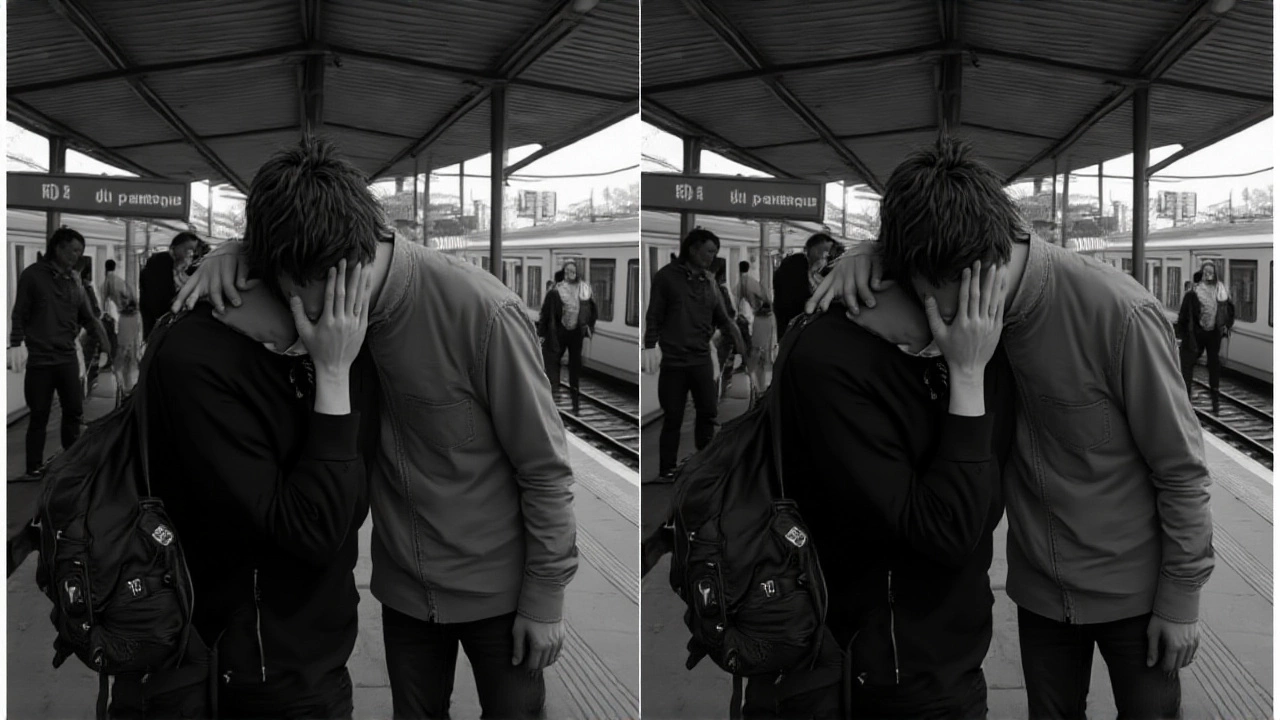
On Wednesday, November 19, 2025, International Men’s Day arrived not with celebration, but with sobering urgency. Across the globe, health experts, advocates, and everyday citizens confronted a quiet epidemic: the crushing weight of emotional suppression on men. The moment that crystallized the crisis wasn’t a speech or policy announcement—it was a video. At Borivali railway station in Mumbai, an unidentified man, dressed in a wrinkled shirt and carrying a briefcase, sat alone on a bench, shoulders shaking as silent tears rolled down his face. The clip, captured by a passerby and later shared by content creator Tilak Dubey, went viral across Instagram, Twitter, and Facebook. In a culture where men are taught to swallow pain, this raw, unscripted moment became a mirror.
The Numbers Behind the Silence
What made the video resonate wasn’t just its emotion—it was its accuracy. Data from the World Health Organization confirmed what many already feared: men are 3 to 4 times more likely than women to die by suicide in nearly every developed nation, including the United States, United Kingdom, Australia, and India. In India alone, male suicides accounted for nearly 70% of all suicide deaths in 2024, according to the National Crime Records Bureau. And yet, more than 60% of men experiencing anxiety, depression, or trauma never seek help. Why? Fear. Shame. The unspoken rule that crying is weakness.
Compounding the problem, men are 2 to 3 times more likely to turn to alcohol or drugs as coping mechanisms. A 2025 study published in The Lancet Psychiatry found that among men aged 30–49 in urban India, 41% admitted to using alcohol to "manage stress"—a figure that rose to 58% among those who reported being the sole breadwinner. In the U.S., the CDC reported a 37% increase in alcohol-related liver disease among men between 2019 and 2024. These aren’t bad habits. They’re survival tactics in a system that refuses to let them ask for help.
"Man Up" Is a Death Sentence
"The phrase ‘man up’ isn’t just outdated—it’s lethal," said Dr. Anika Patel, head of the Men’s Mental Health Initiative at the Indian Psychiatric Society. "We’ve trained generations of boys to equate vulnerability with failure. When a boy cries, he’s told to stop. When a man admits he’s overwhelmed, he’s called soft. That’s not strength. That’s a slow-motion emotional amputation."
This isn’t unique to South Asia. Psychologists in London, Toronto, and Berlin echoed the same concern. In the U.K., the charity Men’s Health Forum found that 73% of men under 35 believe expressing emotions would damage their professional reputation. In the U.S., the American Psychological Association reported that men are 50% less likely than women to visit a therapist—even when diagnosed with depression. The cultural script is universal: be stoic. Be strong. Be silent.
Economic pressure intensifies the silence. With inflation, job insecurity, and rising housing costs, men in their 30s and 40s—traditionally seen as the primary providers—are bearing the brunt. "They’re not just stressed," said Dr. Robert Chen, a sociologist at the University of Melbourne. "They’re terrified. If they fail, they believe they’ve failed their families. That’s a burden no one should carry alone."
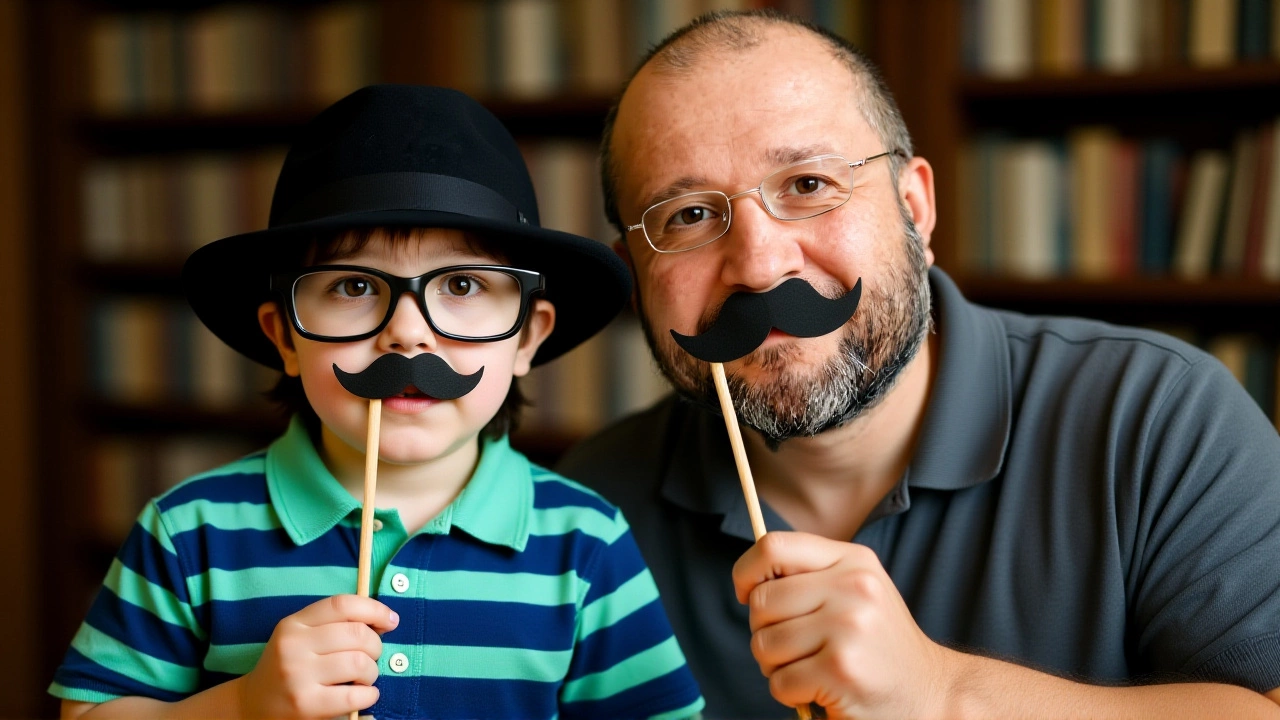
What’s Being Done—and Why It’s Not Enough
On International Men’s Day 2025, the World Health Organization joined forces with national mental health bodies in 42 countries to launch a coordinated campaign. Virtual events ran from 9:00 AM to 8:00 PM GMT, featuring live Q&As, survivor stories, and therapist-led workshops. Organizations like Men’s Health Network (U.S.), The Samaritans (U.K.), and Mantra Foundation (India) reported record attendance—over 2.3 million participants globally.
But awareness isn’t action. "We’ve had decades of campaigns," said Dr. Priya Mehta, a clinical psychologist in Delhi. "We’ve done posters, ads, social media slogans. But no one’s changed the system. Schools still punish boys for crying. Employers still see emotional openness as instability. Families still tell men to ‘toughen up.’ Until we rewrite those scripts, we’re just putting bandages on bullet wounds."
One promising shift? Younger men are leading the change. On social media, hashtags like #InternationalMensDay2025 and #MensMentalHealth trended across India, Canada, and the U.S., with thousands sharing personal stories. In Mumbai, a group of college students organized a "Men’s Circle"—a weekly, anonymous space where men could speak without judgment. Attendance doubled in the week after the Borivali video went viral.
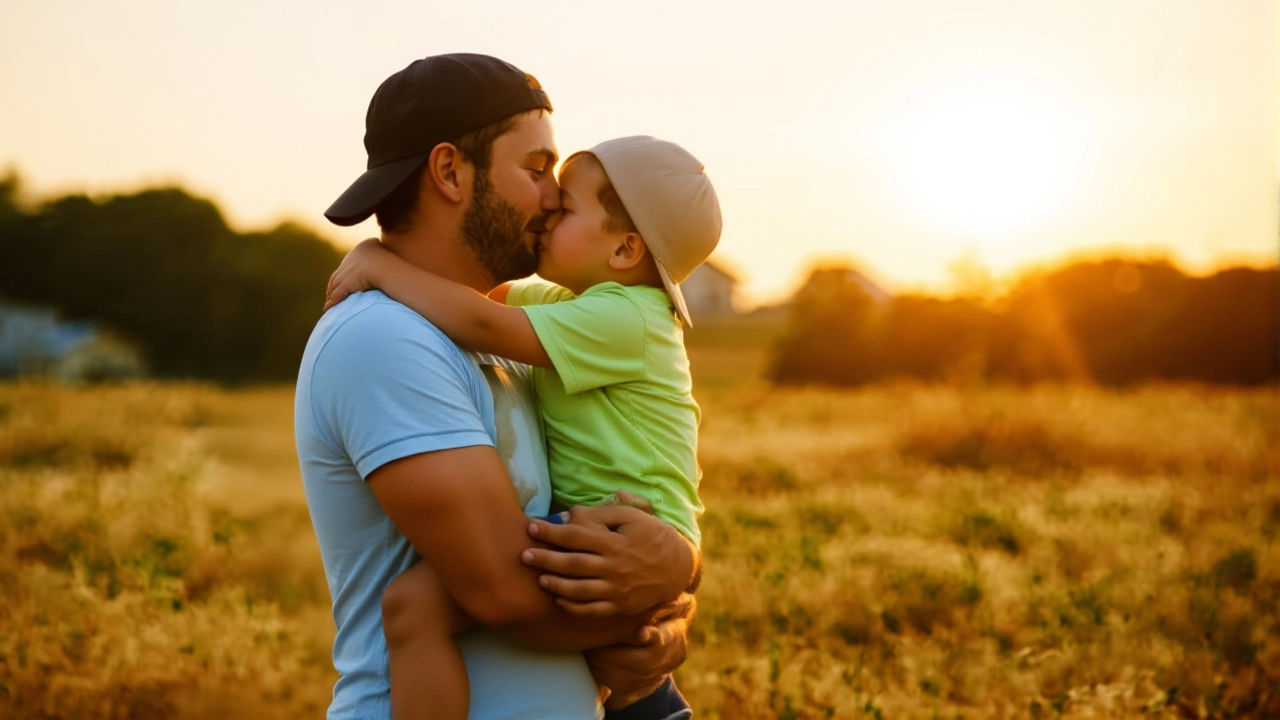
The Next Decade: A Tipping Point or a Tragedy?
Experts are clear: without structural change, things will get worse. Demographic models from the Global Men’s Health Research Collective predict a 15–20% increase in male suicide rates and substance abuse disorders over the next decade if cultural norms remain unchanged. The economic cost? Estimated at $1.2 trillion annually in lost productivity and healthcare spending.
"We’re not asking for revolution," said Dr. Chen. "We’re asking for permission. Permission to be human. To say ‘I’m not okay’ without losing respect. To cry without being called a failure. That’s not radical. That’s basic dignity."
Change is possible. In Finland, a school program called "Boys’ Emotional Literacy"—which teaches boys from age 6 to identify and express emotions—led to a 40% drop in bullying and a 32% reduction in adolescent male suicide attempts within five years. In Australia, workplace mental health initiatives that include male-specific peer support networks reduced absenteeism by 28%.
The question isn’t whether men can heal. It’s whether we’ll let them.
Frequently Asked Questions
Why are men less likely to seek mental health help than women?
Cultural norms equate emotional expression with weakness, especially in men. From childhood, boys are often told to "be tough," "don’t cry," or "man up." This conditioning leads to shame around vulnerability. A 2025 WHO survey found that 68% of men in urban India and 61% in the U.S. feared being judged as "unmanly" if they sought therapy. Many also worry about professional repercussions, especially in male-dominated industries.
How does emotional suppression affect men’s physical health?
Chronic stress from suppressing emotions directly impacts the body. Studies link emotional repression to higher rates of hypertension, heart disease, and weakened immune response. Men who bottle up feelings are 45% more likely to develop cardiovascular issues before age 50, according to a 2024 study in the Journal of Men’s Health. Alcohol and drug use as coping mechanisms further damage liver, brain, and metabolic function.
What role does economic pressure play in men’s mental health?
Men, especially in their 30s and 40s, face intense pressure to be primary earners. In countries like India and the U.S., rising living costs and job instability have intensified this burden. A 2025 survey by the Indian Institute of Economic Planning found that 52% of men in this age group reported feeling "constant financial dread," and 39% said they felt like failures if they couldn’t provide. This shame often prevents them from seeking help—even when they’re drowning.
Are there successful programs helping men open up?
Yes. Finland’s "Boys’ Emotional Literacy" program in schools reduced adolescent male suicide attempts by 32% over five years. Australia’s workplace peer support networks cut male absenteeism by 28%. In India, community-based "Men’s Circles" in cities like Mumbai and Bangalore have seen participation grow by 200% since 2023. Success hinges on anonymity, peer-led settings, and normalizing vulnerability—not therapy as a last resort.
What can individuals do to support men in their lives?
Start by listening without fixing. Instead of saying "Just snap out of it," try "I’m here if you want to talk." Normalize asking men how they’re really doing—and mean it. Share your own struggles when appropriate. Encourage them to see a therapist without stigma. Simple acts like checking in on a friend who’s been quiet, or sending a text saying "I’ve been thinking of you," can be lifesaving. Silence kills. Conversation saves.
Is International Men’s Day just symbolic, or does it lead to real change?
It’s a catalyst, not an endpoint. The 2025 observance triggered policy discussions in three Indian states and two U.S. cities to fund male-specific mental health outreach. The viral Borivali video led to a $1.8 million grant from India’s National Health Mission for community mental health hubs in railway stations. Real change happens when awareness translates into funding, education, and cultural shifts—something this year’s global momentum is beginning to create.

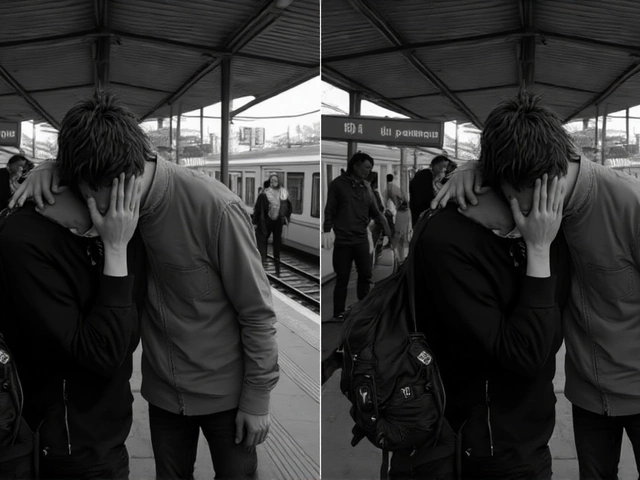

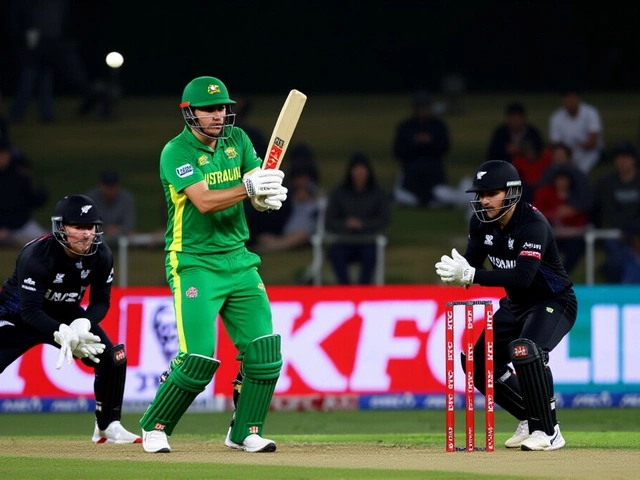

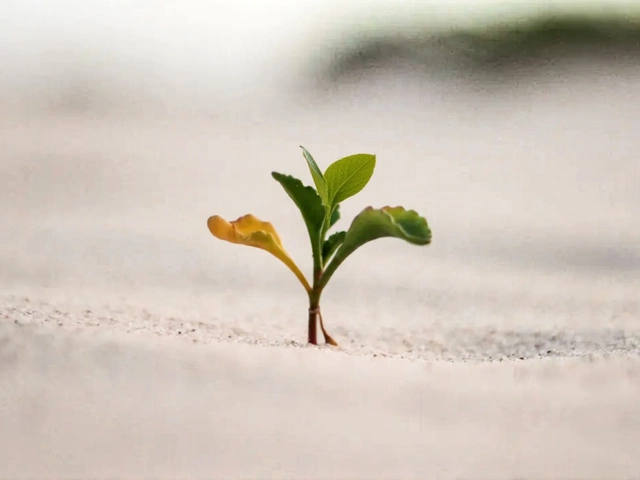

Write a comment